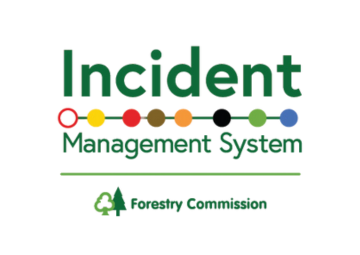Select tab
About
This Lantra-accredited Customised Award is exclusively developed and delivered by a Lantra-approved Training Provider, who meets our quality standards. The course is specifically tailored to meet learners’ needs. For further details about the course content and delivery locations, please contact the Training Provider using the details provided below.
The minimum age to undertake this course is 16.
To provide participants with knowledge and skills of the application of the Forestry Commission Incident Management System and provide the incident management skills to work effectively as part of a National Incident Management Team for incidents or events.
This is for either internal working or external interoperability and/or coordination with other organisations and the emergency services using JESIP.
This course is delivered by the Forestry Commission and all enquiries should be sent to fc.training@forestrycommission.gov.uk.
The finer details
Delegates are introduced into the Forestry Commission Incident Management System (FCIMS) tested with an assessment, provided with examples of good practice, use a series of scenarios relevant to their work area which increase in complexity using core roles in the FCIMS and then undertake an assessment of their performance with a team.
Training Objectives:
- To provide working knowledge of Incident Management
- To embed the checklists, process descriptors and other tools developed to support incident management.
- To confirm the competence of personnel in the National Incident Management Team via assessed exercises.

Recognised by
Lantra AwardsCourse description:
Who should attend?
What will be covered?
Other areas of interest
Wildfire Management Plan Module
Vegetation Fire Operator Module
Search for providers near you
If there are no suitable courses listed above, please fill in the details below and this will display a list of other course providers who also deliver this course.


